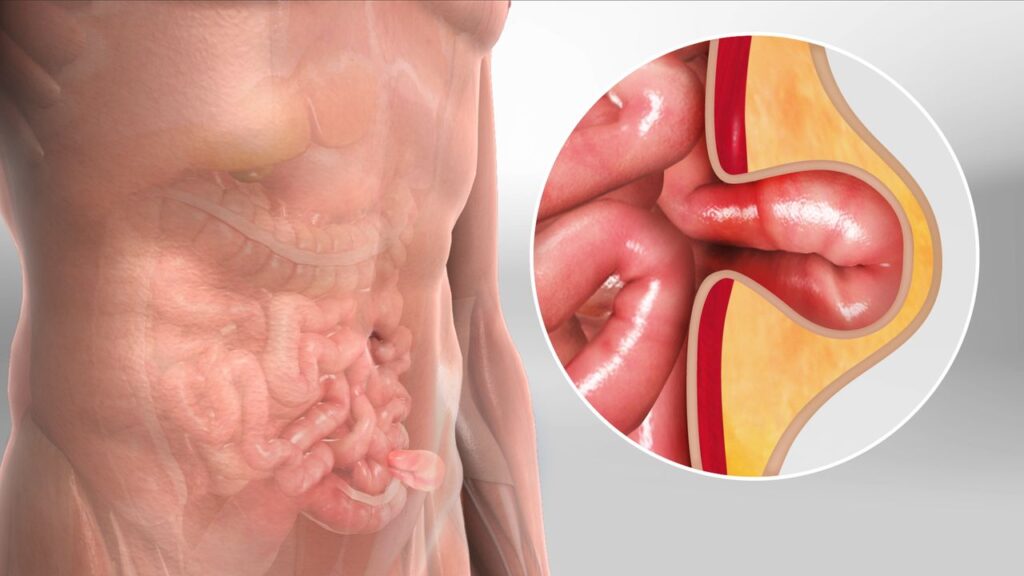
Hernia surgery can give you the simplest way out of the pain and agony you might be going through due to the disease. After a successful surgery, your primary focus would be to hit the ground running back at your normal day-to-day life.
If you’re contemplating hernia surgery, be sure to consult professionals to see whether the operation is ideal for you and make any adjustments that may be necessary. This care guide gives you a general idea of what you can expect after your surgery even as you recover.
First of all, why do I need hernia surgery?

In normal cases, we have muscles and other tissue in order to keep our organs in place and prevent them from sustaining an injury when we move around. Sometimes, due to tissue loss or muscle loss, a part of one of our organs will protrude past the wall of muscle that normally protects it. That organ is then considered “herniated”. This can happen anywhere in your body, but most commonly occurs near your abdomen or chest.
This can often be quite hard to diagnose. Once you have a bulge or a lump in your body or chest, you might be able to manually push it back into your abdomen. According to thomashosurgery.com, this lump might occur when you are engaging in daily activities, such as laughing, coughing, talking, or doing manual labor. Having an unnatural lump in your body can be painful and dangerous if you sustain any physical trauma, so if you notice a lump in your body, visit a doctor immediately to get checked out.
How painful is Hernia Surgery?

The pain due to hernia surgery is usually manageable. Most people, however, report feeling sore in the area as they heal.
Some patients also experience chronic, long-lasting pain. This is partly common in groin hernia surgery, where the pain may be due to damage to certain nerves during the procedure.
Now, as you’d probably expect, pain is common after hernia surgery for a few days after the operation. However, you can always manage the pain using nerve blocks and medications.
As a general rule, your doctor will give you practical recommendations for managing the pain. For instance, they may prescribe non-steroidal anti-inflammatory drugs (NSAIDs) like ibuprofen to manage mild pain and/or inflammation.
If you experience severe pain, they may also recommend narcotic medications. Therefore, mild pain after your hernia surgery is normal.
You should, however, call your doctor if you experience any of these symptoms after a hernia operation;
- Persistent bloating, nausea, or vomiting
- Swelling or redness on the incision
- Persistent severe abdominal pains
- Excessive bleeding from the incision
- Persistent fever or chills
- No bowel moment that lasts more than 3 days and any other symptom that makes you uncomfortable
With that being said, here is a breakdown of what you will most likely experience after successful hernia surgery in Singapore.
You Maybe Cleared to go Home on the same day after your Operation or Spend Some Days in the Hospital

After hernia surgery, your recovery largely depends on the hernia you’re trying to treat and the recommended procedure. If you had a minimally invasive operation, your doctor might clear you to get back home just on the same day after your operation. However, if you had major surgery like component separations and abdominal wall repair, you may need to spend a few days in the hospital under the doctor’s watch.
You may get a Few Restrictions

It is prudent that you allow the wound sufficient time to heal. Because of this, your doctor may impose a few postoperative restrictions on you as you heal.
For instance, you may be restricted from lifting weights averaging 10 pounds plus for around 14 days after your surgery. You may also not be allowed to drive for some time until you feel better.
The postoperative restrictions all depend on your condition. It is only important that you stick to your doctor’s instructions.
Pain and Tiredness

As we had earlier mentioned, pain is natural with surgical procedures. You should, therefore, expect some level of mild discomfort after hernia surgery in Singapore. Your doctor may recommend just OTC pain medications or combine them with opioid-based medications depending on your situation.
You should also expect to feel tired more easily on your first 7 to 14 days after hernia surgery. This is also normal, and you’ll improve quite soon.
Be sure to pay attention to your feelings. If you feel any form of discomfort when going about your normal activity, it is prudent that you stop and rest.
Expect a Few Follow up Appointments
Follow-up appointments are a necessity for every patient who undergoes hernia surgery in Singapore. On the baseline, you should expect your follow-up appointment after14 days, where the doctor will assess your recovery to ensure that you’re safe from possible infections.
The follow-up appointments will also be instrumental in controlling the pain that may come with the procedure. If you had a fairly complicated operation, you might need more frequent follow-up visits to evaluate the negative pressure dressings and complex bandages that may have been used.
These appointments will also help your provider to determine that none of the surgical drains that may have been used is faulty to minimize the risks of infections. Be sure to follow the follow-up visit recommendations religiously to avoid potential complications.
You May be Able to Get Back to Work after Just One Week

Some patients are usually able to get back to work within just one week. Now, this also depends on the type of hernia surgery and your occupation.
However, you may notice a decrease in your productivity levels because of getting tired pretty quickly in the first 7 to 14 days if you return to work. Now, if your occupation involves intense physical activity, be sure to talk that up with your doctor for a realistic estimate on when you can resume working.
Request an Appointment with Board-certified Surgeon
Do you experience worrying symptoms that you think could be linked to a hernia? Book an appointment today for a consultation.








